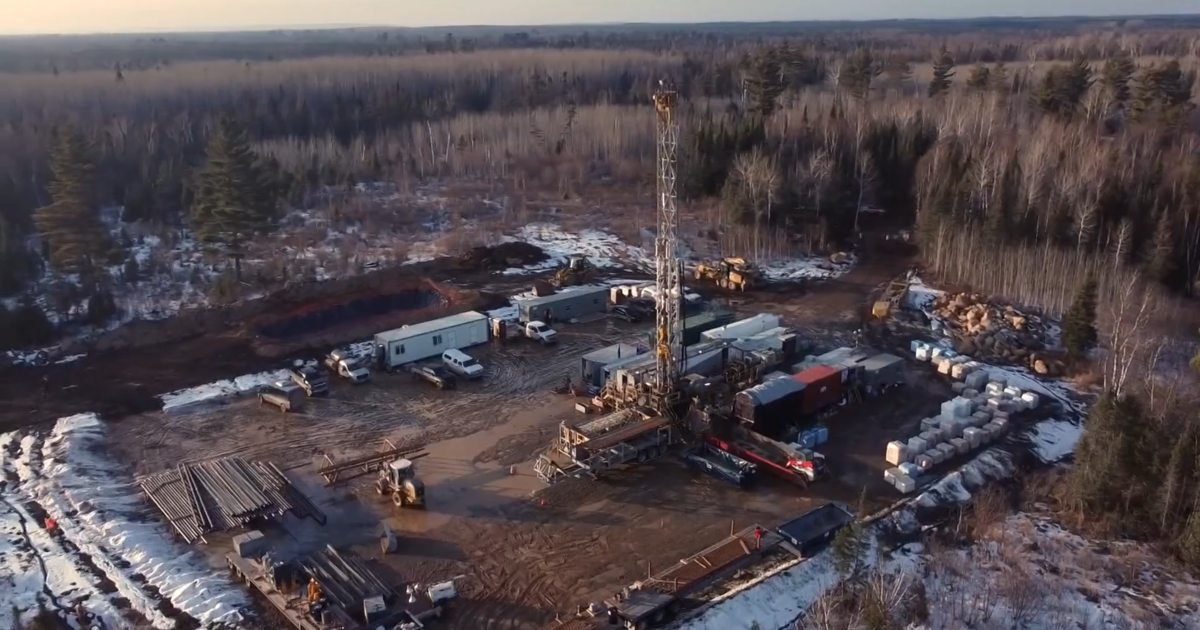“A dream. It’s perfect”: Helium discovery in northern Minnesota may be biggest ever in North America::For a century, the U.S. Government-owned the largest helium reserve in the country, but the biggest exporters now are in Russia, Qatar and Tanzania. With this new discovery, Minnesota could be joining that list.



Oh. I had that totally bass akward.
depends on manufacturer, some state it’s just 50%
One of the things I read said it has to be at least 93% to make balloons float.
i’ve took time to actually look up various manufacturers’ datasheets and it’s: range 50-99%, 95%, 97%, range 95-100%, 99%, unspecified or just data for pure helium. at this point i’m pretty sure there’s no such thing as “balloon gas manufacturer”, everyone buys 4N+ cryogenic helium and balloon gas consists of odds and ends that come from flushing piping and empty bottles with better stuff
how much do you need to float, if it’s helium then 1L lifts about 1g of mass, if it’s 50% helium 50% air it lifts 0.5g per liter, then it depends on how heavy balloon is in relation to its volume
The balloon + helium has to be lighter than the (couple of liters of) air it displaces.
He Density (at STP) 0.1786 g/L
The density of air at sea level is about 1.2 g/L
Another interesting factoid about rare elements: Very little nickel is found in the Earth’s crust. Most nickel has arrived on Earth from meteors. Usually mixed with iron, which held-back the arrival of the iron-age.
deleted by creator